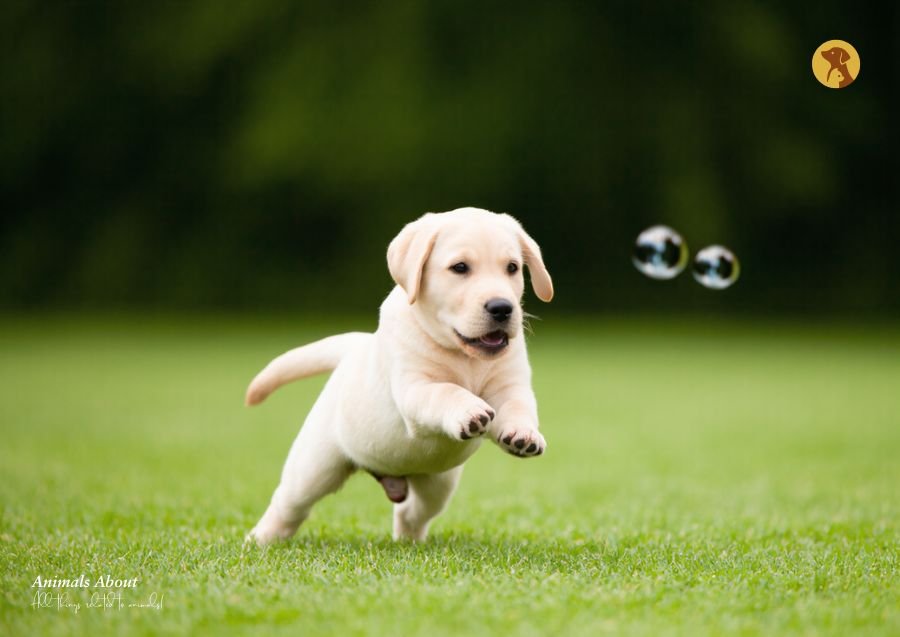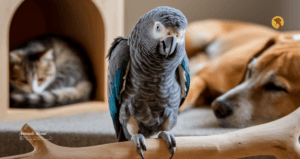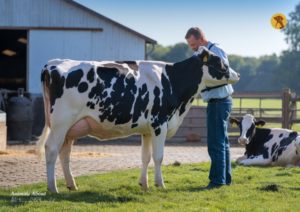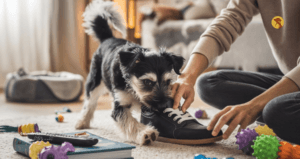Labrador Retrievers are the most popular family pets in many countries. As a common trait of Labrador Retriever, understanding their behavior is critical to building a loveable and well-behaved relationship if you’re contemplating bringing one home or if you already have one. This guide explores the behavior of Labrador Retriever puppies and includes tips for pet parents.
Labrador Retriever Puppies – What to Expect

Labrador Retriever puppies are full of energy and love. Their genes, early history, and your teaching inform their behavior. Here are some of its defining characteristics:
- And by being a friendly, sociable worker: Labradors are naturally sociable and love having humans/other pets around. Their friendly nature makes them great family dogs.
- Energetic: These puppies are energetic and need daily exercises to help them stay in high spirits. As is daily exercise, playtime, and mental stimulation.
- Competent, Eager Learners: It is fun to train a Labrador puppy because they are quick to learn. They respond well to positive reinforcement.
- Chewing and Exploring: As all puppies do, Labradors explore the world with their mouths. While teething is a normal process, the chewing can be a nuisance, but some toys can help!
Common Behaviors of a Labrador Retriever puppy

Understanding common behaviors allows you to respond to challenges appropriately:
- Playfulness: Like most puppies, Labrador ones can go on puppy zoomies or bursts of energy running in circles. To help avoid destructive behavior, promote safe play with toys.
- Separation Anxiety: Labradors are social dogs and may develop anxiety when isolated. Increase the duration they are alone gradually to acclimatize them to the process.
- Barking: Labradors are not excessive barkers, but they bark to alert you to something happening or express excitement. It’s essential to note training can cut down on excessive barking.
- Mouthing: Nipping is common among playful puppies. Channel this behavior towards toys and do not foster rough play.
Labrador Retriever Puppy Training

- Get Started Early: Beginning Basic Obedience Training as Soon as You Bring Your Puppy Home Teach commands such as “sit,” “stay,” and “come.”
- Positive Reinforcement: Give treats, compliments, and petting for excellent behavior. Punishment should be avoided: it can create feelings of fear and mistrust.
- Socialization: Expose your puppy to different people, pets, and environments to help build their confidence and prevent fear.
- Crate Training: A crate gives your puppy a safe area to stay in and helps with house training. Provide a comfortable crate, and never use it as punishment.
- House Training: Your puppy knows where to go to the toilet. Reward good leash manners with treats and praise.
Tips for Managing Labrador Retriever Puppy Behavior
- Proper Exercise: A Puppy that is tired is a Good Puppy. Get them involved in physical pursuits such as playing fetch and mental challenges such as puzzle toys.
- Establish Boundaries: Enforce rules from the outset and enforce rules consistently. For instance, determine if your puppy is allowed on furniture.
- Do Not Bore Them: Labradors are intelligent dogs prone to destruction if boredom sets in. Rotate their toys and encourage interactive games with them.
- Monitor Diet: Overfeeding can cause obesity, triggering behavior and health problems. Give them a diet tailored to growing pups.
The Personality of the Labrador Retriever
They are gentle and love to interact with humans. They’re often referred to as “people pleasers” because they enjoy working closely with their owners. This quality enables them to be effective service dogs, therapy dogs, and family pets.
Labrador Retriever Puppies Behavior FAQ
A: Yes! That intelligence and eagerness to please make them one of the easiest breeds to train.
A: The rule of thumb is 5 minutes of exercise per month of age, to twice daily. Grow them little by little as they grow.
A: Labs begin to mellow out by 2-3 years, but they’ll always be high-energy dogs, so regular training and exercise are essential to keep them at their best.
Conclusion on the Behavior of Labrador Retriever Puppies
Owning a puppy, especially a Labrador puppy, is happy but a commitment for many years, so be sure. Because when you get to know them better, you can create a loving environment that lets your puppy thrive.
At Animals About, We’re Here to Help Animal Lovers Just Like You. Read more about Labrador Retrievers and other pets on our blog! If you like this article, please tell other pet lovers about it!







